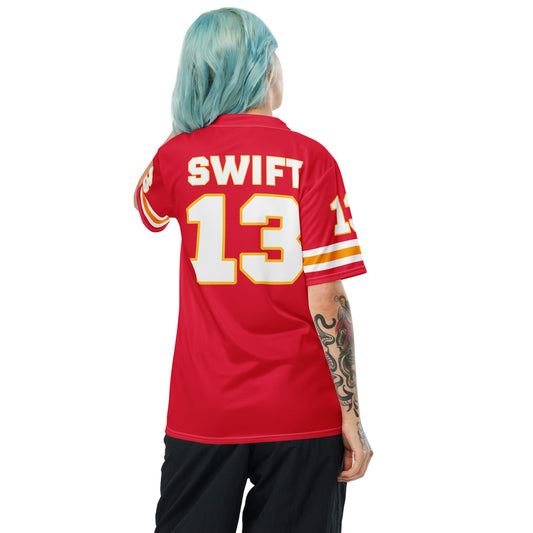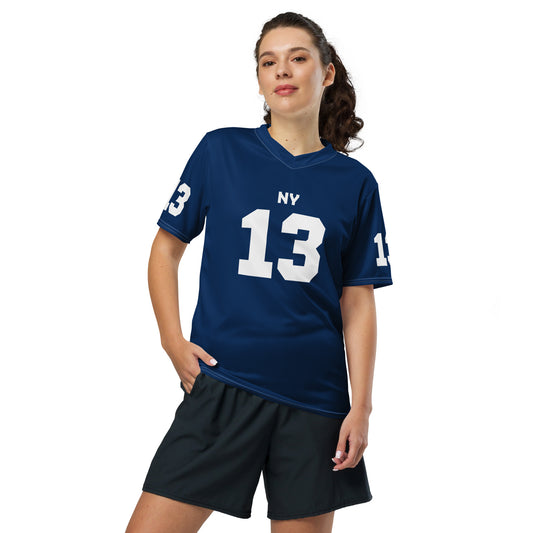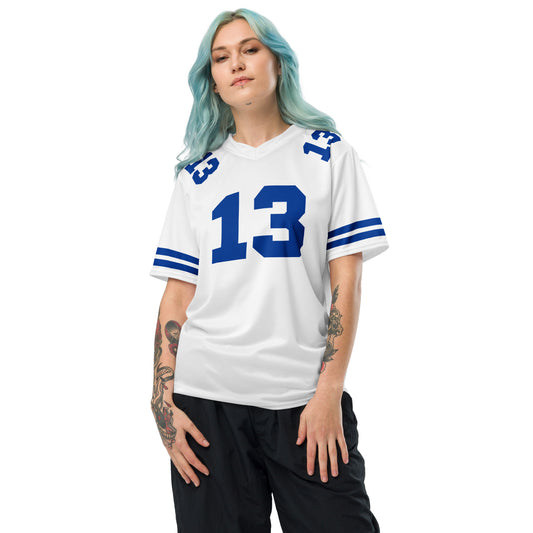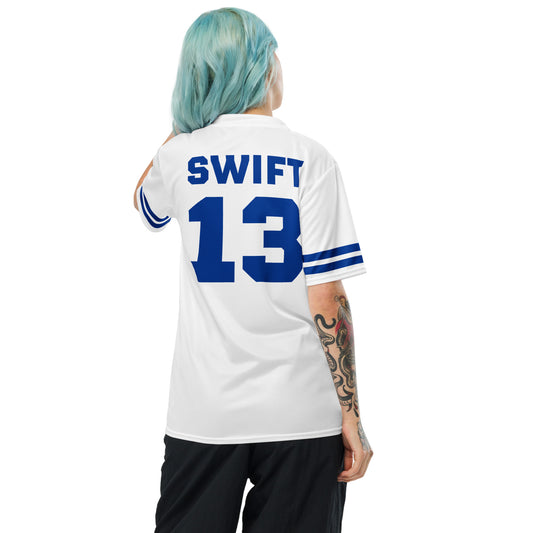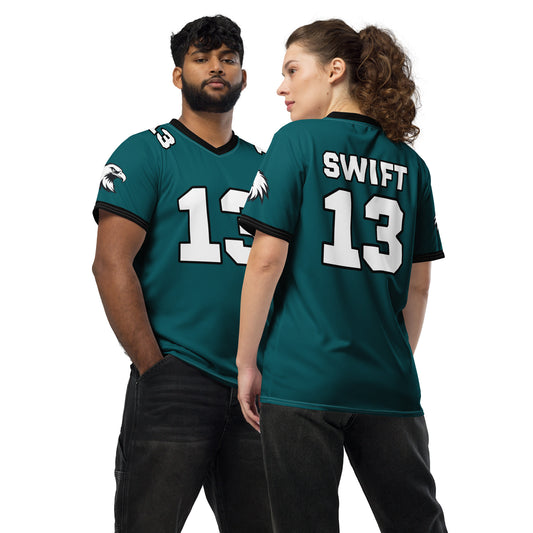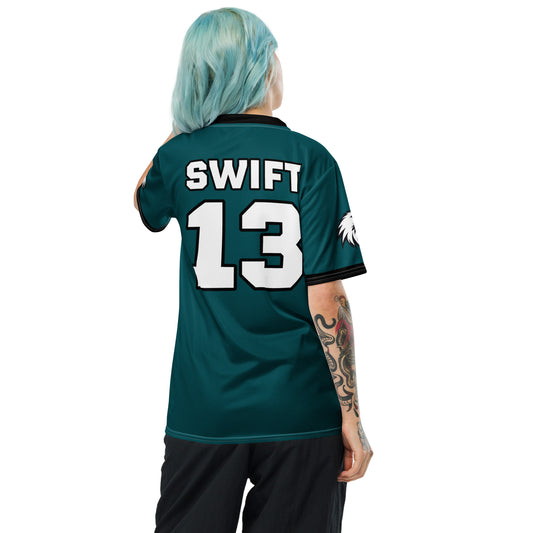
Eccentric, heroic life of Samuel W. Francis, invented the spork
Dr. Samuel W. Francis spent the first two years of his medical career treating heads and abdomens during the Civil War, and then he helped those with skin disease. Later, he organized a Sanitary Protection Association that led to the creation of an early Board of Health in New York City.
He also invented a toothbrush with rubber bristles, a cane with a hidden compartment for bus fare, a postage-canceling device, and — perhaps his greatest achievement —the innovation in cutlery that today we call the spork.
It took one eccentric genius to bring the spoon and fork together.
The inventor of the spork was born into New York high society
The spork seems like it was made for combo meals at Boston Market or for a field trip school lunch. But the man who created it wasn't a fast food scion. He was part of New York's early medical elites.
In 1835, Samuel Ward Francis was born to Dr. John W. Francis, a famous doctor and member of New York City's upper crust. The elder Francis was also creative, inventing a pill that was eerily similar to his son's most famous achievement. The same way Samuel Francis would combine a fork and spoon, John W. Francis created the "triplex," a pill that mashed three homeopathic laxative remedies into one.
Samuel W. Francis settled into New York's elite social circles and attended Columbia University and New York University medical school, where he worked with some of the best medical minds in the country. While practicing as a doctor, he wrote seminal texts about dysentery and other serious medical concerns. That professional accomplishment was matched with social esteem, too — he was the type of person who, in 1864, donated a snowy owl to Central Park.
But Francis also was an extremely eccentric inventor
Francis wasn't content to be a doctor alone, however, and his many inventions were unusual. Few were ever produced. They ranged from fun to therapeutic, including:
- A matchbox that lit on the inside
- What seems to be the predecessor to instant tea
- Burn treatments that used glass gloves (the idea was that the patient would wear the glass item, it would be filled with medicinal fluids, and the leftovers would empty through the pinky)
- At least one typewriter fan makes a convincing case that in 1857, Francis invented a crucial early model that pioneered the type guide (basically, the thing that helps a letter hit the proper spot as a page moves). He invented it when he was still a student, and his "printing machine" may have led the way for future typewriter innovations.
He also thought God made mosquitoes in order to chase humans away from various places
Those inventive theories were just one aspect of his creativity. In his Curious Facts Concerning Man and Nature, Francis presented his unique scientific theories, including a belief that the mosquito "was created [by God] for the purpose of driving man from malarial districts."
He wrote many other things, as well. In addition to memoirs, biographies, and books about his theories of the world, he dabbled in the novel. His oeuvre included Inside Out (no relation to the recent Pixar movie), a history of water, a short story about Christmas, and a novel called Life and Death.
None of them, by the way, mentioned the advantages of combining a fork with a spoon, but they do show the wanderings of a curious and very active mind.
He died never knowing that the spork would become ridiculously popular
Samuel W. Francis was an esteemed member of the upper crust, but he was also the type of eccentric who looked at a spoon and fork and thought, "This is one too many utensils."
We don't know much about the spork's invention except for the patent that Francis received in 1874. Surprisingly for a man who wrote hundreds of thousands of words about a wide range of topics, he never penned a spork manifesto. But the patent does say that his spork could also serve as a knife (making it, technically, a sporknife or knispork).
The spork remains his greatest legacy, even if he never knew it. In 1951, a man named Hyde W. Ballard trademarked the term "spork," which, for all we know, Francis may never have even heard. Francis's patent envisioned a spork "struck up in one piece of sheet metal" — he knew nothing about the plastic that would finally make his invention mainstream in the 1950s.
The spork may have been his legacy, but Francis did a lot more
The dual facets of Francis's personality — society man and madman — easily caricature him. The truth is more nuanced. He was a respected doctor, a historian and citizen of note, and a thinker fit for an eccentric era.
When Francis died in 1886, in his summer home in Newport, Rhode Island, the New York Times printed an obituary that showed how beloved he was, saying "he was personally known and respected by Newport's Summer population, as well as by the local residents, and he moved in the highest society."
"HIS KINDLY GENIAL NATURE WON ALL HEARTS"
A few days later, the Times covered his large funeral because "his kindly genial nature won all hearts." That was true even in the segregated 1880s, as Newport's African-American inhabitants held a special meeting to commemorate his life and service to their community.
They composed a tribute to the inventor, noting that while on his deathbed, Francis met a member of their community. "My work is finished," he said, "let no unkind words be spoken of me. Goodbye."
The statement to the paper continues: "Prompted most touchingly by appreciative feelings, together with a sense of justice, we the colored people declare that it shall be so to the extent of our power."
All that's worth remembering the next time you unwrap a spork. Don't just consider the spork: consider the man who made it, too.
DAYS OF THE WEEK COLLECTIONS
#spork #utencils #cooking #fork #knife #spoon #eating #eatingutencils #eatingout #plasticware #kitchenware #unminced #inventions #inventor











